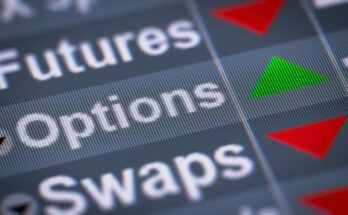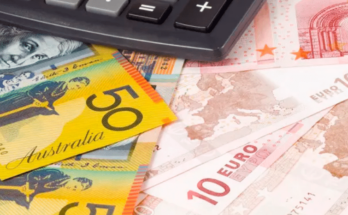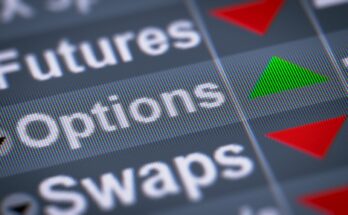The Venezuelan government this week introduced a new foreign exchange system as it seeks to curb black market for the greenback, which is being blamed for high inflation and food shortages in the Latin American nation.
While both conservative and liberal economists are in favor of this move, they are divided on whether it will help revive the oil-rich nation’s economy.
While Venezuelan leaders used brutal force against anti-government protests last February, it has also rolled out measures to address a key issue protesters wanted fixed- repair the troubled economy. It launched Sicad II, a market-based exchange system that facilitates sale of dollars at between eight to ten times the official rate of 6.3 bolivars a dollar.
**relatedarticle**
Though Venezuela has huge oil reserves, the tightly-controlled exchange rate has partly contributed to shortage of essential items and hyperinflation. According to Mark Weisbrot, who works with Center for Economic and Policy Research, Sicad II should help get the economy back on the path to recovery by combating the black market for the U.S. dollars.
“You had kind of a bubble in the black market for the dollar, people buying dollars because they thought it was a one-way bet and it was always going to, the dollar value would always go up, and now that is not going to be the case,†said Weisbrot, according to the Voice of America.
While Venezuela’s government insists the new rate is for buying non-basic goods, the local opposition views the system as a form of currency devaluation.
On the day the Sicad II was launched, the rate of a dollar in the black market plunged from 90 to close at 50 bolivars a dollar. However, the rate has since risen, as locals still lack an optimistic view of the economy.
To contact the reporter of this story; Jonathan Millet at john@forexminute.com



